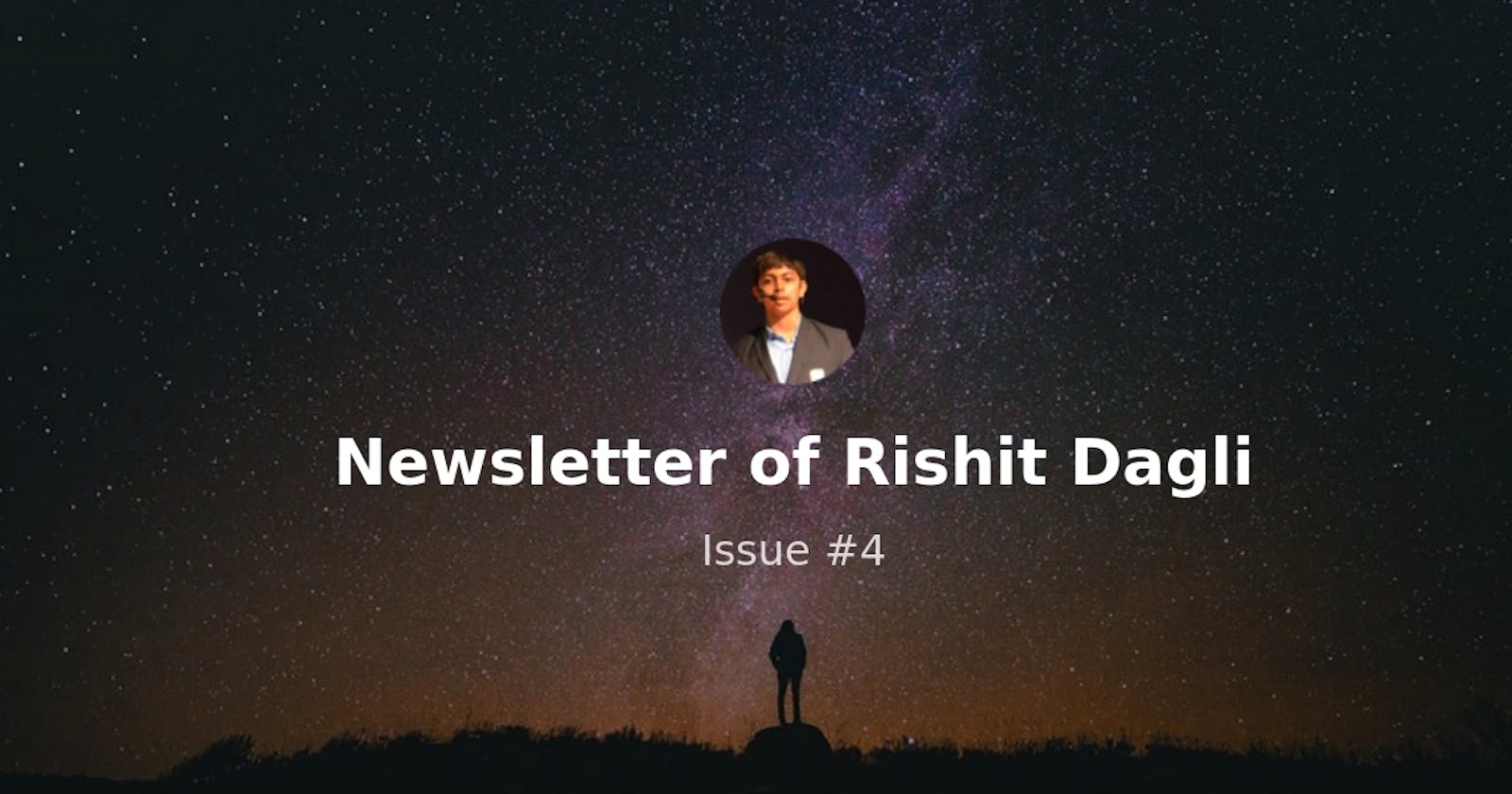Hey there, this is the fourth edition of this newsletter where I share new things I find interesting in technology and AI (paper summaries, open-source, more) straight to your inbox!
Updates: This newsletter is out after quite some while since I had my high-school exams and thus had not been able to read much out of my school curriculum. Also, this will now be a biweekly (once in two weeks) newsletter.
My updates on Open source 🧑💻
My latest paper and open-source project CPPE-5: Medical Personal Protective Equipment Dataset won the TensorFlow Community Spotlight Award. This paper shows and presents a new challenging dataset subordinate object detection.
Great reads from the community📖
An interesting read where the authors show that the Turing Award laureates are most commonly white, male, married, US citizen, and have a PhD. The age at which the laureate won the award increases over the years; most of the Turing Award laureates did not major in computer science; birth order is strongly related to the winners’ success, and the number of citations is not much important.
Open AI released new versions of GPT-3 and Codex which can edit or insert content into existing text, rather than just completing existing text. These new capabilities make it practical to use the OpenAI API to revise existing content, such as rewriting a paragraph of text or refactoring code.
A new text-to-image method that (i) enables a simple control mechanism complementary to text in the form of a scene (ii) introduces elements that substantially improve the tokenization process by employing domain-specific knowledge over key image regions and (iii) adapts classifier-free guidance for the transformer use case
This blog post presents Ithaca, the first deep neural network that can restore the missing text of damaged inscriptions, identify their original location, and help establish the date they were created. Furthermore, code, the pre-trained model, and an interactive Colaboratory notebook are open-sourced.
Reliable AI requires learning robust behaviors that generalize well. This paper shows how this robustness arises in reinforcement learning from playing a game against an imagined adversary.
Open-source from community 👏
An open-source repository for creating multiple kinds of deepfakes rather easily.
Makes protein folding using AlphaFold accessible to all within Google Colab.
That’s all, hope you liked this. Stay tuned for more updates. Feel free to submit any links for the next issue.
Regards,
Rishit Dagli
